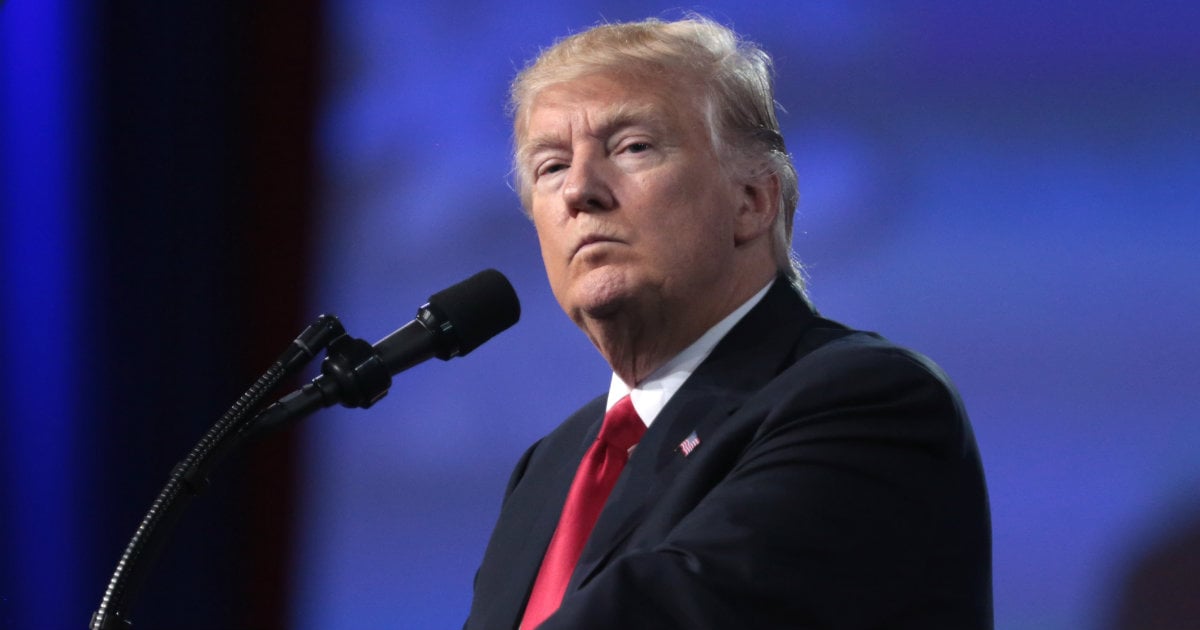Donald Trump, President of the United States, has once again emphasized his goal to "reclaim the Panama Canal," warning that failing to do so could lead to "something very big happening." His remarks came during U.S. Secretary of State Marco Rubio's official visit to Panama.
Trump has accused Panama of "violating treaties," referring to the Torrijos-Carter Accords signed on September 7, 1977, by Panamanian President Omar Torrijos and U.S. President Jimmy Carter. These agreements outlined the gradual transfer of the canal and its surrounding areas from U.S. control to Panama, ending nearly a century of American administration over the interoceanic passage.
Additionally, Trump has asserted that "China is managing the Canal, which was never given to the Chinese but foolishly handed over to the Panamanians," a claim that Panama has unequivocally denied. Panamanian President José Raúl Mulino reaffirmed on Sunday that the country's sovereignty "is not in question" and stated he does not perceive any "real threat" of U.S. military intervention.
Meanwhile, the Panama Canal Authority has informed Rubio that it will collaborate with the U.S. Navy to "optimize priority in vessel transit" through the canal. This agreement marks the first tangible outcome of Rubio's visit, during which he expressed dissatisfaction with the current situation and demanded "immediate changes" in the Canal's management.
"Secretary Rubio made it clear that this 'status quo' is unacceptable and that without immediate changes, the United States would need to take necessary actions to protect its rights under the Treaty," a State Department statement declared. Mulino, on the other hand, emphasized that addressing the Trump administration's concerns about alleged Chinese influence in the region is the responsibility of the Panama Canal Authority.
Regarding the two ports operated by a Chinese company, the Panamanian leader informed Rubio that an audit of their operations is currently underway and requested patience for the results before making any decisions.
It remains uncertain whether Trump's threat to reclaim the Canal stems from dissatisfaction with Rubio's trip outcomes. Nonetheless, his statements have heightened tensions in a historically contentious relationship over the sovereignty of the interoceanic passage.
Key Questions about the Panama Canal Situation
What are the Torrijos-Carter Accords?
The Torrijos-Carter Accords were agreements signed in 1977 that arranged the gradual transfer of the Panama Canal from U.S. to Panamanian control, ending nearly a century of U.S. administration over the canal.
Why is Trump concerned about China's involvement in the Panama Canal?
Trump claims that China is managing parts of the Canal, although Panama has denied these assertions. His concern likely stems from geopolitical tensions and the strategic importance of the canal.
How has Panama responded to the U.S. concerns?
Panama, through President José Raúl Mulino and the Panama Canal Authority, has insisted that the country's sovereignty is intact and is addressing the U.S. concerns by conducting audits and collaborating with the U.S. Navy.
